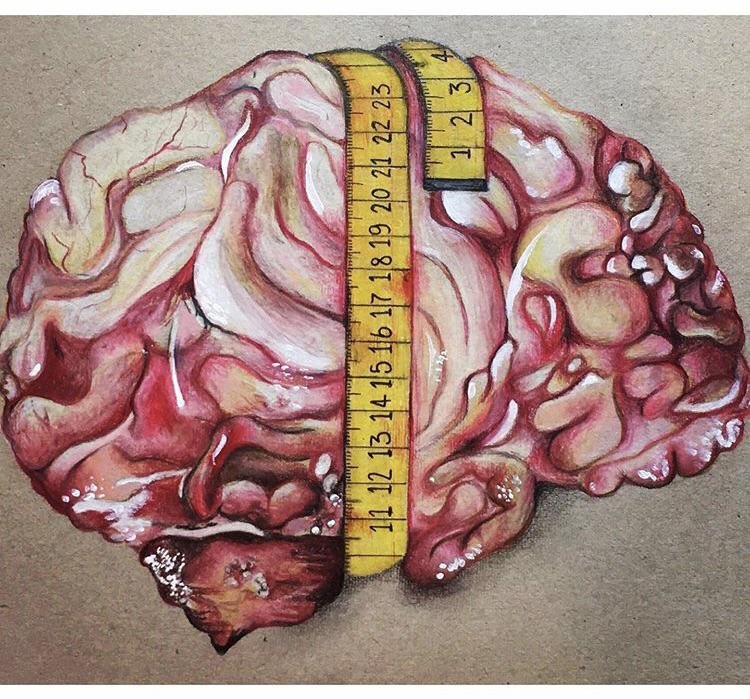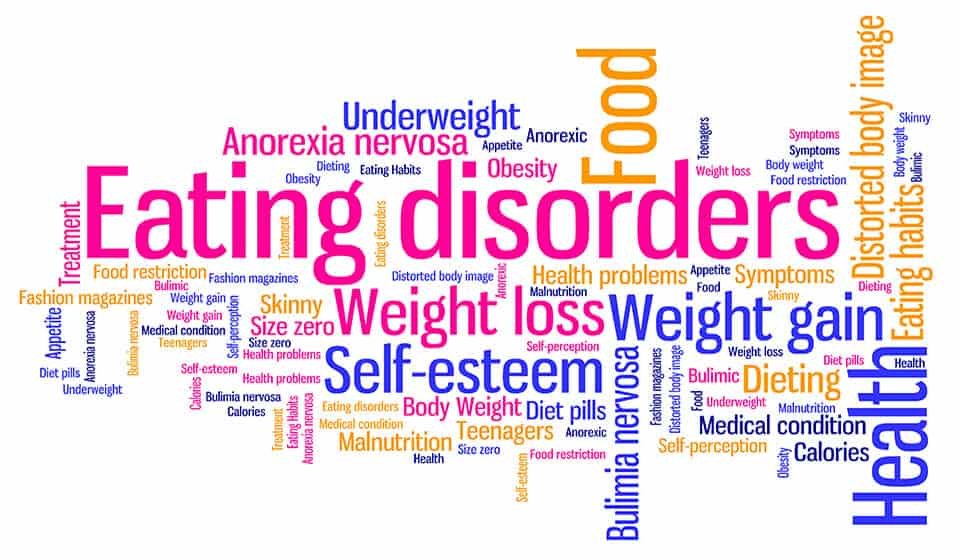Eating Disorders
Many people do not fully understand the actual science behind neurological issues. When one is faced with a neurological issue, their brain chemistry undergoes changes so as to affect their decision making and perception of what goes on around them. While everyone is different, human beings’ actions typically are driven by the dopamine system, which provides them with a feeling of pleasure when they do things beneficial for themselves. However, when one is affected by a neurological issue, this system can work against their best interests. Here we will take a deeper look into the changes that happen to someone's brain when they are afflicted with an eating disorder.
The brain is the most complex of all the human organs, and the effect eating disorders have on one’s brain is profound. Eating itself is regulated by the many parts of the brain that control behavior. Taste sensors in the mouth send signals to areas of the cerebral cortex in the brain. Limbic areas in the brain work to relay information to the hypothalamus, where neuropeptides (little messengers that co-exist in nerve cells or small neurotransmitters) are controlled by hormones that indicate the nutrients stored in the periphery. The periphery nerves relay information from the brain to the rest of the body.
The hypothalamus is directly linked to the nucleus accumbens, which is responsible for the natural impulses humans feel to survive. These impulses include the desires to exercise, avoid danger, reproduce, and eat. The nucleus accumbens is part of the neural circuit that controls dopamine-reward-seeking responses. (Dopamine is released in the nucleus accumbens). The nucleus accumbens is also associated with ingestive behavior which causes the feeling of satiety. Bulimia nervosa, an eating disorder that often involves the purging, or throwing up of food, is associated with the release of a neurotransmitter- acetylcholine. When one purges, an increase in acetylcholine causes a feeling of satiety.
The dopamine system is the driving force behind the majority of eating disorders, and as we continue to study the dopamine system we are bound to figure out better ways to combat eating disorders.


